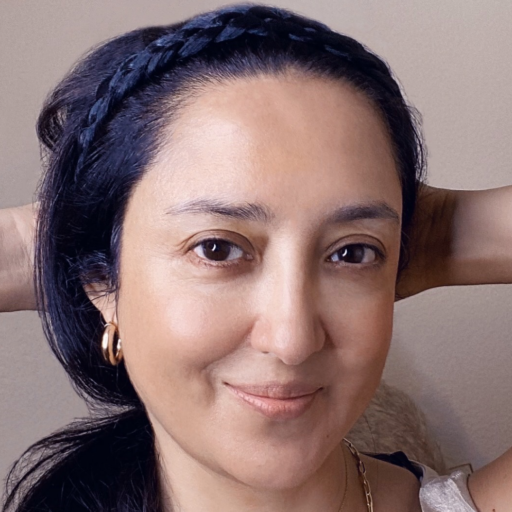In a world rushing towards technological advancements, the ancient wisdom of lost civilizations remains profoundly relevant, offering timeless lessons that can guide our modern lives. This blog explores the insights and practices from these bygone cultures and how they can inform our decisions, enhance our well-being, and deepen our understanding of the world today.
Follow the face behind the hustle here!
Introduction
Lost civilizations such as the Maya, the Egyptians, and the Sumerians have left behind more than just ruins. They have imparted a legacy of knowledge, from architectural ingenuity and philosophical inquiries to astronomical observations and holistic healing practices. Unraveling these lessons can help us navigate contemporary challenges with greater wisdom.
1. Harmony with Nature
Lesson from the Native Americans
Indigenous cultures lived in close harmony with nature, understanding its cycles and respecting its limits. Modern society, with its focus on growth and exploitation, can learn from this respectful approach to achieve sustainability and environmental balance.
The Connection Between Nature and Native American Fashion: A Reflection of the Earth
2. Architectural Innovations
Insights from Ancient Egypt
The pyramids are a testament to architectural brilliance and durable construction. Today’s urban planners can draw inspiration from the way these structures were built to last and integrate with their natural surroundings, promoting longevity and sustainability in modern architecture.
Exploring Egypt: My Trip to the Land of the Pharaohs
3. Holistic Health Practices
Wisdom from Ayurveda and Traditional Chinese Medicine
Ancient holistic health practices emphasize balance and the prevention of disease through diet, meditation, and herbal remedies. Incorporating these into modern healthcare could reduce dependence on pharmaceuticals and promote a more comprehensive approach to health.
Integrating Ayurveda into Your Daily Routine for Enhanced Wellbeing
4. Social Organization and Leadership
Governance in Ancient Greece
The democratic processes of Athens provided a foundation for modern democratic systems. Revisiting these roots could inspire improvements in governance and community engagement, making leadership more inclusive and decisions more community-focused.
5. Astronomical Knowledge and Timekeeping
Contributions from the Maya
The Maya’s sophisticated understanding of astronomy was not just for timekeeping but also for agriculture and urban planning. Modern societies could use similar knowledge to improve agricultural practices and urban designs aligned with celestial events.
Conclusion
The civilizations of our past were not primitive but were rich in knowledge and insights that, if applied today, could solve many of our modern problems. By looking back, we can find ways to move forward more thoughtfully, ensuring that progress is both innovative and wise.
